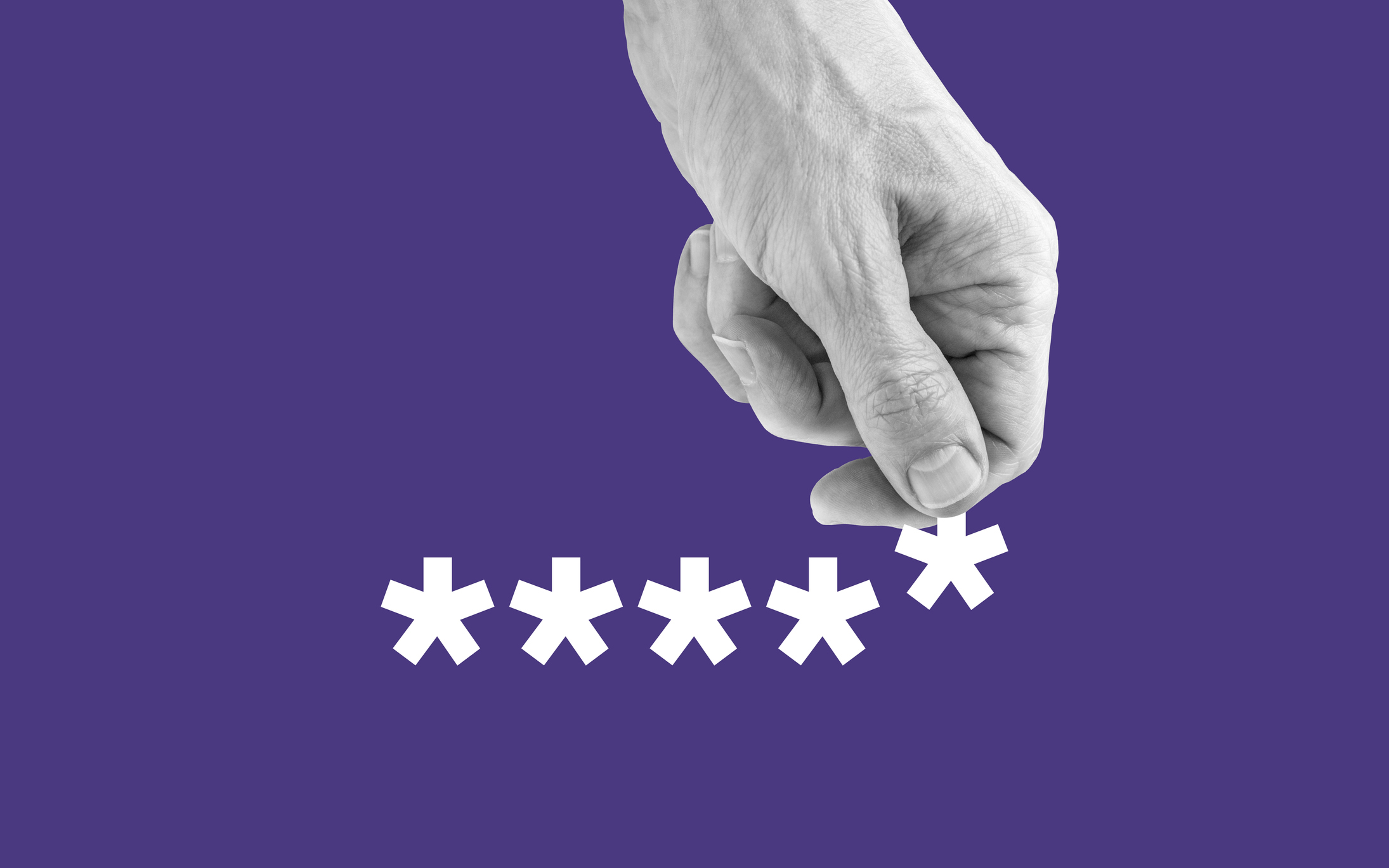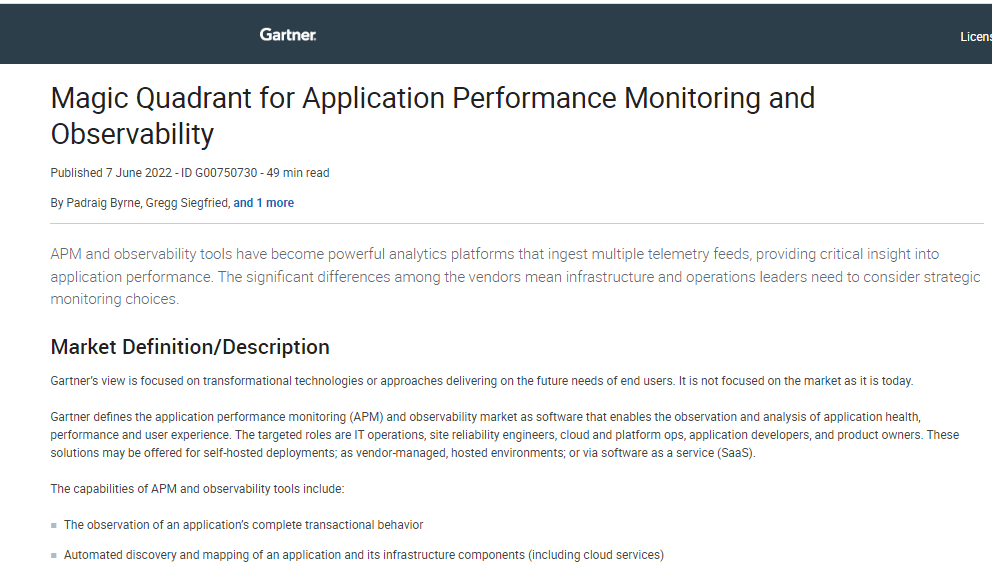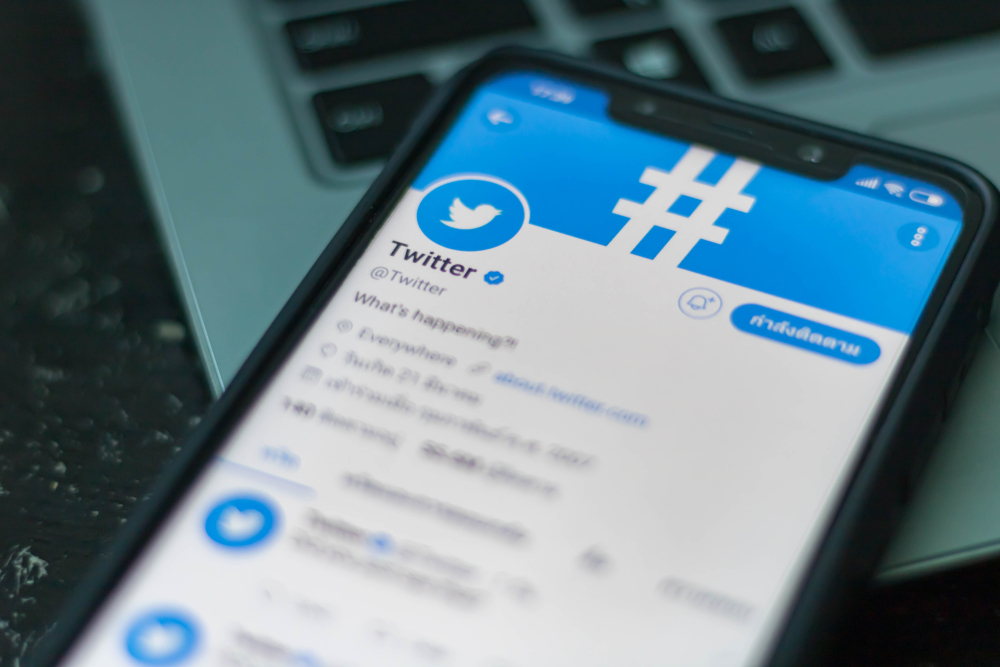Apple iOS 14.3 launch brings privacy labels for all apps
App Store now requires developers to disclose how user data is managed


Apple has added new privacy labels to all apps on its App Store as part of its new iOS 14.3 update.
Following an announcement back in June at its Worldwide Developers Conference (WWDC), developers will now have to disclose their app’s privacy practices to customers via synopses on app product pages on the App Store.
Labels will now give users details on what data an app collects across a number of categories, such as “data used to track you”, “data linked to you”, and “data not linked to you".
“Every one of the more than 1.8 million apps on the App Store is required to follow strict privacy guidelines and report how it uses your data,” Apple said. “And every app is rigorously reviewed by a team of experts at Apple.”
Developers that update their apps after December 8th will be forced to include this information before they can be approved for listing. The new app privacy labels are now live across all of App Stores, including iOS, iPadOS, macOS, watchOS, and tvOS.
Apple's own apps that are in-built, such as Messages, will have the same information published on Apple’s website, the company has confirmed.
Chris Hazelton, director of security solutions at Lookout, told IT Pro that the move by Apple is important because iOS 14 puts additional focus on user privacy, and in particular gives users better visibility into their personal information that is shared with third parties.
Get the ITPro daily newsletter
Sign up today and you will receive a free copy of our Future Focus 2025 report - the leading guidance on AI, cybersecurity and other IT challenges as per 700+ senior executives
“The privacy changes in iOS 14 are part of an unstoppable trend to increase the protection of user privacy. This trend will not stop with tracking for advertisers,” he said.
“MacOS 10.15 Catalina kicked everyone out of the kernel, a privilege that endpoint security providers had since the beginning of desktop operating systems. With this move, security vendors are now also limited in accessing user and system information and must operate like any other app. Fighting this trend is like fighting the ocean tides; you can't. You have to adapt to the trend and innovate or die. Mobile security providers innovated when they couldn't have kernel access and I am sure advertisers will find a way to innovate as well.”
He added that like nutrition labels in real life, the goal is to create a common, easily understandable format for users to see how their personal data is collected and used by developers and their partners. “It will make it easier for users to question whether free services from developers are worth the cost in terms of privacy and security of their own data."
Rene Millman is a freelance writer and broadcaster who covers cybersecurity, AI, IoT, and the cloud. He also works as a contributing analyst at GigaOm and has previously worked as an analyst for Gartner covering the infrastructure market. He has made numerous television appearances to give his views and expertise on technology trends and companies that affect and shape our lives. You can follow Rene Millman on Twitter.
-
 Bigger salaries, more burnout: Is the CISO role in crisis?
Bigger salaries, more burnout: Is the CISO role in crisis?In-depth CISOs are more stressed than ever before – but why is this and what can be done?
By Kate O'Flaherty Published
-
 Cheap cyber crime kits can be bought on the dark web for less than $25
Cheap cyber crime kits can be bought on the dark web for less than $25News Research from NordVPN shows phishing kits are now widely available on the dark web and via messaging apps like Telegram, and are often selling for less than $25.
By Emma Woollacott Published
-
 Azure AD vulnerability gave attackers backdoor authentication control
Azure AD vulnerability gave attackers backdoor authentication controlNews Secureworks shared its findings with Microsoft in 2022, and the company has since issued changes to improve audit logs
By Ross Kelly Published
-
 Using APIs to rewire supply chains in 2023
Using APIs to rewire supply chains in 2023In-depth Supply chains are on the mend after breaking down recently, and APIs are helping stakeholders get a better handle on data
By Rich McEachran Published
-
 Better APIs for better business
Better APIs for better businessWhitepaper Realities of API security
By ITPro Published
-
 Hackers hijack Namecheap's email platform to phish its customer base
Hackers hijack Namecheap's email platform to phish its customer baseNews Customers received scam emails made to look like notices from delivery firm DHL and crypto wallet MetaMask
By Rory Bathgate Published
-
 The IT Pro Podcast: The problem with APIs
The IT Pro Podcast: The problem with APIsIT Pro Podcast With API attacks on the rise, knowing your attack surface is crucial
By IT Pro Published
-
 Podcast transcript: The problem with APIs
Podcast transcript: The problem with APIsIT Pro Podcast Read the full transcript for this episode of the IT Pro Podcast
By IT Pro Published
-
 Magic quadrant for application performance monitoring and observability
Magic quadrant for application performance monitoring and observabilityWhitepaper Enabling continuous updating of diverse & dynamic application environments
By ITPro Published
-
 Twitter API keys found leaked in over 3,200 apps, raising concerns for linked accounts
Twitter API keys found leaked in over 3,200 apps, raising concerns for linked accountsNews Business and verified Twitter accounts linked to affected apps are at risk of takeover, use in malicious campaigns
By Rory Bathgate Published